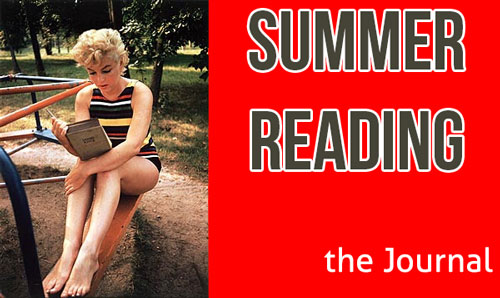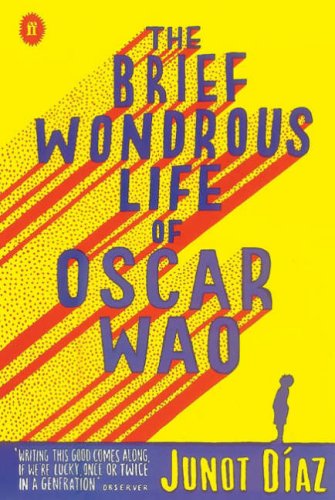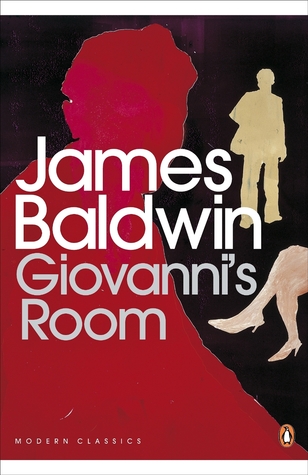
This summer I returned to my first love as a reader: the novel. Binge-watching Game of Thrones helped me realize that a childhood immersed in the work of J. R. R. Tolkien, Susan Cooper and Ursula K. Leguin had left me with a long-neglected yearning to experience elaborate fantasy worlds. But a few weeks immersed in George R. R. Martin’s prose and the HBO series it inspired left me eager to read something less pale and patriarchal.

Junot Diaz’s The Brief Wondrous Life of Oscar Wao was the perfect remedy, with its frequent references to The Silmarillion, the shade it throws at US interventions in the Caribbean, and its profanely heartbreaking narrative voice. And in the genre of science fiction proper, Octavia Butler’s frighteningly believable near-future apocalypse in Parable of the Sower and Parable of the Talents got me thinking about what it means to be part of a community of resistance—which is something I aspire to, and something that bears thinking about for writers in the academy.
Rochelle Hurt’s “novel in poems” The Rusted City also hit close to home, with an exquisite portrait of a dysfunctional family living in a city where rust coats every surface, floats in every breath, and rains down like dandruff when women brush their hair. An example of what Hurt calls the Rust Belt Gothic—a genre in which she also includes Journal-contributor Jamaal May’s work—The Rusted City will resonate with readers far beyond the region it depicts.

In the “books I clearly should have read years ago” category, Giovanni’s Room broke me in the best way. The characters struggling with their sexuality in the shadow of the guillotine are so fiercely masculine and so tragically vulnerable, so much more complex than the representations of queerness I grew up with, that I can’t help wondering—Would I have understood my own desire and identity more clearly if I had read this book as a younger man? Would I have made different choices? It’s rare, I think, that literature lives up to the rhetoric of “life-changing books,” but fifty years after its publication, I believe Baldwin’s work still has that power.
I tend to get pretty caught up in whatever I’m reading, and I’ve found myself more than a little lost in each of the books mentioned above, but my most exciting moments as a reader this summer have come from submissions to The Journal. Though not every poem we receive thrills me, I occasionally have the privilege of reading one that strikes like a bell: made with a metalworker’s care, it leaves me shaking. I look forward to sharing such writing with our readers throughout the coming year.
